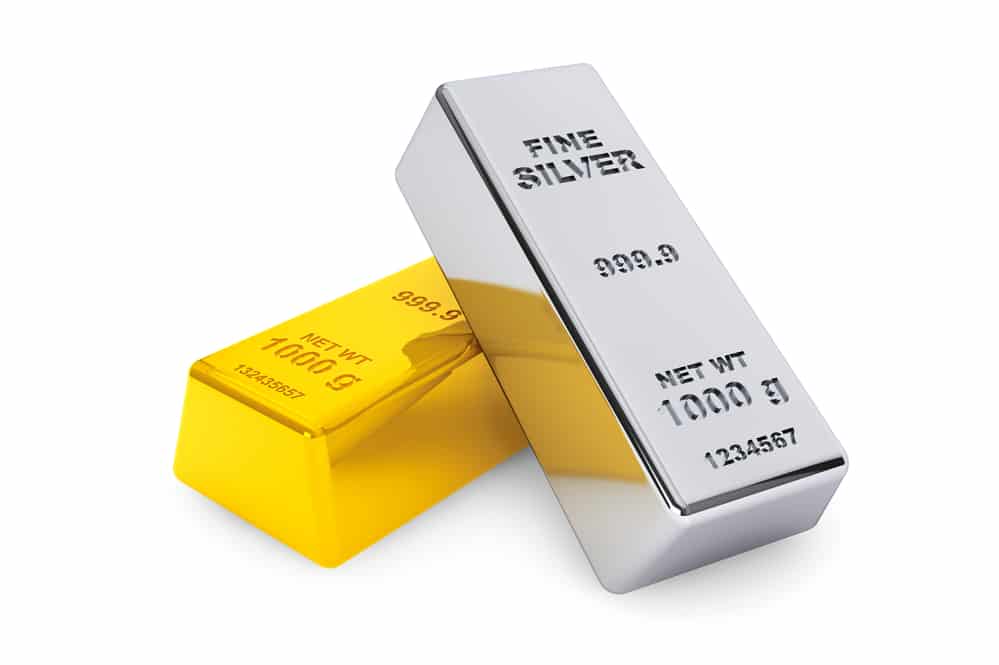What is bullion?
Bullion is gold or silver in physical form and in high purity of not lower than 99.5%. It is usually in the form of coins or bars. Central banks and governments store in as a reserve asset. Central banks are in a position to sell or lend assets to bullion banks. When the bank lends the commodity to a bullion bank, it gets the cash equivalent. Subsequently, the borrowed amount can be sold or lent to a mining company. Bullion lending is one of the central banks’ approaches to stimulating the economy. The bank can also use the commodity to pay international debts.
Bullion market
Bullion trading takes place in the bullion market. It is an over-the-counter platform that operates 24 hours a day. Transactions are often completed electronically. The popular bullion markets are those in New York, London, Zurich, and Tokyo.
While gold is used in making jewelry and other valuables, the price of gold bullion is largely influenced by its safe-haven status. Silver also bears the same status.
In the event of a financial or geopolitical crisis, investors shift their resources to these precious metals. For instance, in 2020, the US-China trade war and the coronavirus-induced financial crisis pushed gold and silver prices higher. Subsequently, gold prices rose by over 25%, while those of silver surged by 45%.
Investors also consider the two precious metals as a hedge against inflation. For example, a high inflation rate in the US triggers an uptrend for silver and gold prices. The price of silver bullion also depends on the events related to its demand as an industrial metal. The expansion of the manufacturing sector of key consumers, such as China, is one such event.
How to invest in bullion
One of the viable ways of investing in bullion is in its physical form. You can contact a reliable dealer to buy silver or gold as coins or bars. The purchased commodities can be stored securely in a safe deposit box, depository, or a bank. Alternatively, you can buy bullion from a bank’s allocated account. Although the financial institution will hold the asset, you are its legal owner. Even in the event of the bank’s insolvency, creditors cannot claim your bullion.
Another way that one can invest in bullion is via exchange-traded funds (ETFs). The underlying asset in a silver or gold ETF could be their respective certificates. Just like stocks, you can transact in the ETFs via a brokerage account. Besides, a bullion bank will help you exchange the certificate for the physical asset or its cash equivalent.
On the other hand, you can trade bullion by purchasing a futures contract. A futures contract is an agreement to either purchase or sells a particular asset at a predetermined price at a specified later date. In the case of bullion, the dealer will deliver the stipulated amount of silver or gold on the contract expiration date. Till then, you still are not the owner of the asset. However, it is possible to sell the contract prior to the expiration date or roll it forward to the next one.



